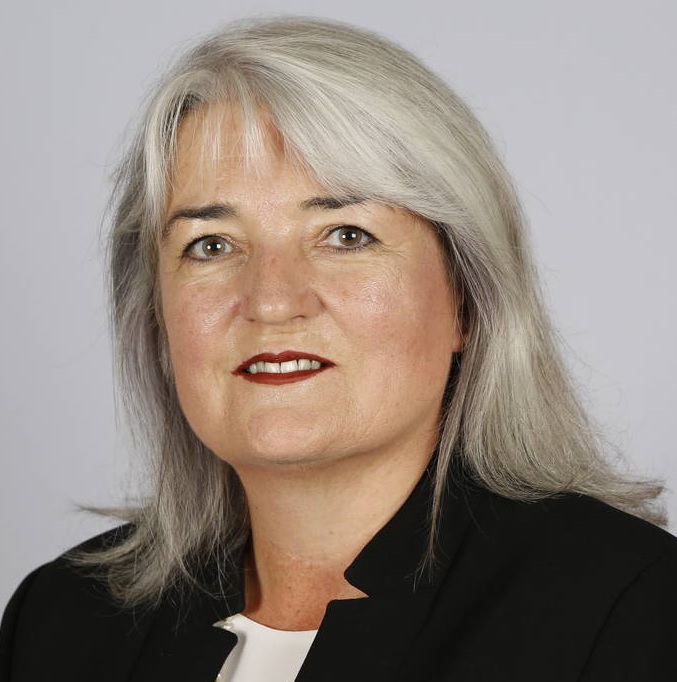While an increase in levels of burnout and emotional distress is to be expected for all doctors, the disparity between the sexes is marked and growing, says Helena McKeown
It’s been a year since Britain entered its first covid-19 lockdown. Since then, the way we live and work has changed dramatically, most especially for healthcare staff who have worked immensely hard to see us through this crisis. In this period of reflection, the BMA has been looking back at the challenges that its members have faced, one of which is the unique pressures experienced by female doctors.
There is perhaps an assumption that balancing the demands of home schooling and childcare with their work and personal lives is the only cause of increased stress among female healthcare workers, but it’s so much more than that.
The BMA has been surveying doctors across the UK since the start of the covid-19 pandemic, and a theme began to emerge—that women consistently feel more pressured to work longer hours, often unpaid, to the detriment of their own health and wellbeing.
Of course, every healthcare worker is going above and beyond during this crisis, but this pattern struck me. Even more so when, in our latest survey results, more than a quarter of women admitted that the pressure to work above their contractual requirement came from themselves compared to just 15% who said it was because of their employer.
After hearing from other female doctors, it became clear that women felt a strong responsibility not only to their patients, but also to their male, often older, colleagues to keep them safe—colleagues who could potentially suffer more if they caught covid-19.
As a result, women have and are continuing to experience higher levels of burnout, exhaustion, and mental health problems. When asked in April 2020 if they consider themselves to be currently suffering from depression, anxiety, stress, burnout, emotional distress, or other mental health conditions relating to or made worse by their work or study, 31% of women said “yes, and worse during this pandemic than before,” compared to 25% of men.
Ten months later, in February of this year, that figure had risen to 44% for women and 35% for male doctors. While an increase in levels of burnout and emotional distress is to be expected for all doctors, the disparity between the sexes is marked and growing.
I’m a GP, and as a woman working in the NHS, I know all too well this unique position that many other female healthcare professionals are in. I chose to work in my practice part time to help balance the needs of my children, but when an urgent WhatsApp message appears for clinical staff (there’s been lots due to colleagues self-isolating while waiting for covid tests), I always feel the need to volunteer to offer my help on a non-clinical day.
It’s because of these pressures that I started shopping for the family at 7am before getting ready for the working day because I felt less at risk from a severe episode of covid than my older husband.
After my first vaccination, I was keen to volunteer to administer jabs on a Saturday because I felt less at risk than some older male colleagues—something that seems to be a trend among female healthcare workers.
With my children, it was difficult for me to talk about the virus: I didn’t want them to feel anxious about me being exposed to infection. Back at work, I’ve felt guilty about not being with them to help with home schooling. It’s a vicious cycle, perpetuated by feeling as though I have to try to do everything I possibly can.
The BMA has warned about the current and long term effects on the workforce of pushing themselves to the limit with so little respite, and we are determined to see more done to help our colleagues. It’s vital, for example, that all staff can access occupational health assessments of their wellbeing with suitably adapted working patterns and psychological support—now and for as long as it’s needed.
The NHS has pulled us through a once in a generation health crisis, and it’s frightening to think where we’d be right now if we didn’t have it. As we look to a life beyond covid-19 though, these pressures won’t abate; for one, there’s a mountainous backlog of elective care to get through once this crisis subsides. That’s why it’s so important, now more than ever, to make sure every staff member feels properly supported, so that we can keep these talented, dedicated professionals in our NHS, and ultimately give every patient the care they need and deserve.
Helena McKeown works as a GP and is chief officer at the BMA. Twitter @helenamckeown
Competing interests: Nothing further to declare.

